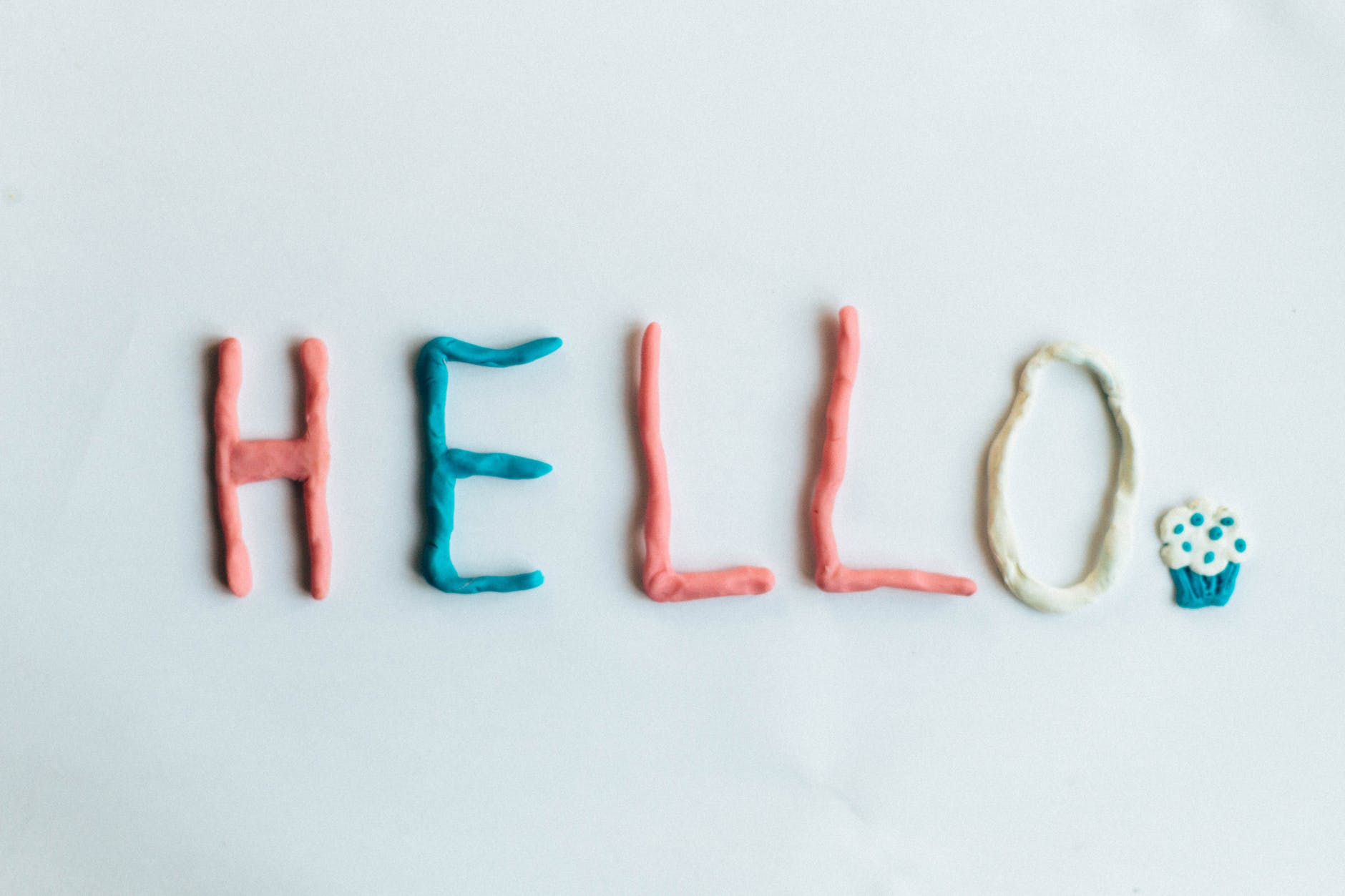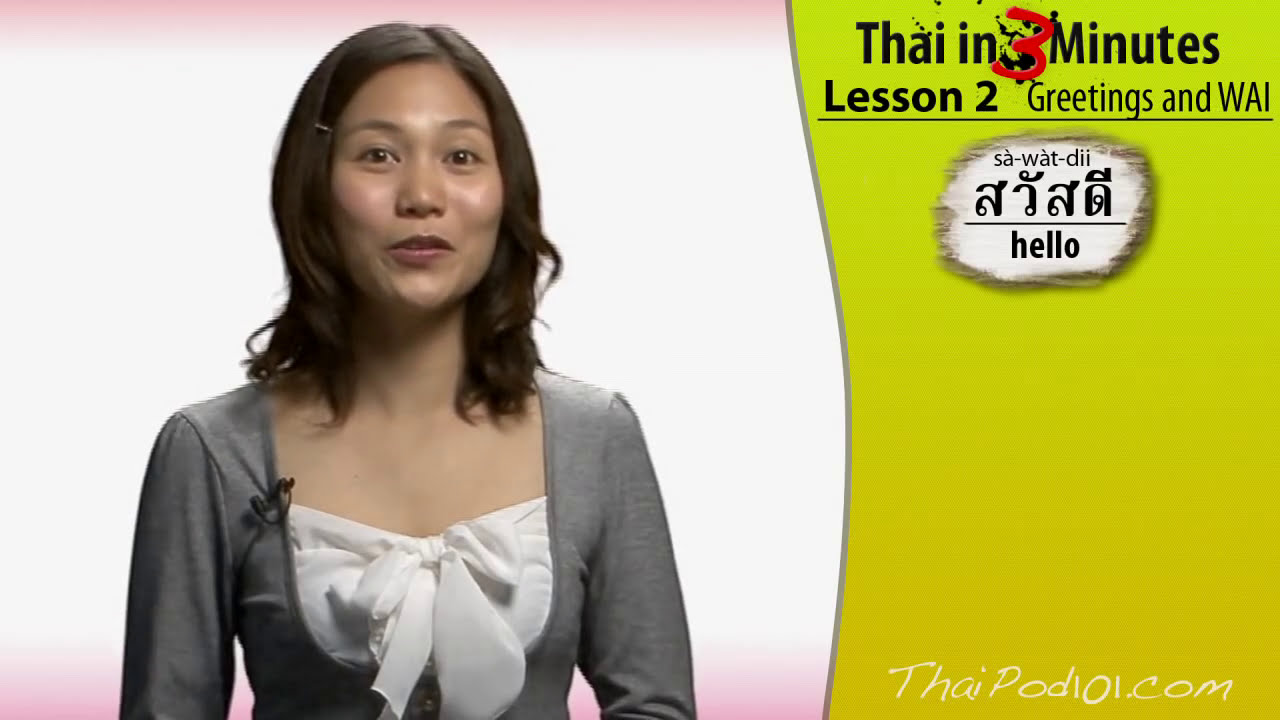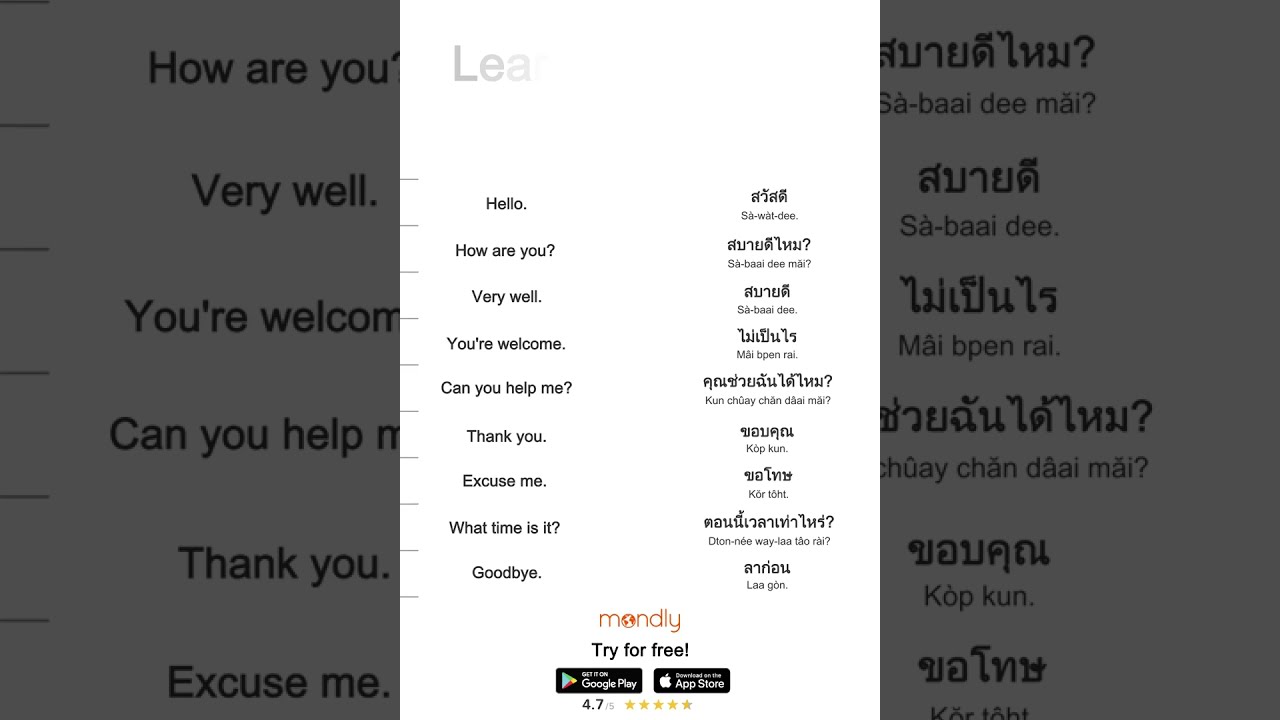
How To Say Goodbye In Thai Language
The most common way to say goodbye in Thai is sa wat dii (สวัสดี), which can be used in both formal and informal situations. It is pronounced “sah-wah dee”. To make it more polite, you can add the particle ka (ค่ะ) for women or krap (ครับ) for men at the end. Here are some other […]
The most common way to say goodbye in Thai is sa wat
dii (สวัสดี), which can be used in both formal and informal
situations. It is pronounced “sah-wah dee”. To make it more polite, you can
add the particle ka (ค่ะ) for women or krap
(ครับ) for men at the end.

Here are
some other ways to say goodbye in Thai, depending on the
context:

- bpai
gawn (ไปก่อน) – I’m going now - laa gorn
(ลาก่อน) – goodbye (formal) - jur gan (เจอกัน) –
see you later - bai bai (บายบาย) – bye bye
(informal) - good bai (กู๊ดบาย) – goodbye
(informal) - khob khun (ขอบคุณ) – thank you (can
be used to say goodbye if you are meeting someone again soon) - duu lae tua eng dee dee (ดูแลตัวเองดีดีนะ) – take care
(can be used for a close friend or family member)
You
can also add other phrases to your goodbye to make it more specific, such
as:

- mai pen
rai (ไม่เป็นไร) – no problem - see you
soon (เจอกันเร็วๆ นะ) – see you soon - have a
nice day (ขอให้มีวันที่ดีนะครับ/คะ) – have a nice day
(male/female) - good night (ฝันดีนะครับ/คะ) –
good night (male/female)
When saying goodbye in Thai,
it is also customary to wai. The wai is a traditional Thai greeting gesture
that involves pressing the palms of your hands together and bowing your head.
The higher you wai, the more respectful it is.

Here is an example of a typical Thai
goodbye:

Person 1: Sa
wat dii ka. Person 2: Sa wat dii krap. Person
1: Khop khun khrap. Bai gawn. Person 2: Duu lae tua
eng dee dee na ka. <a href="Translation: Person 1: Hello.
Person 2: Hello. Person 1: Thank you. I’m
going now. Person 2: Take care.”>3×1000


